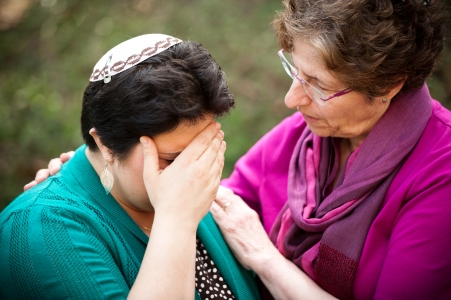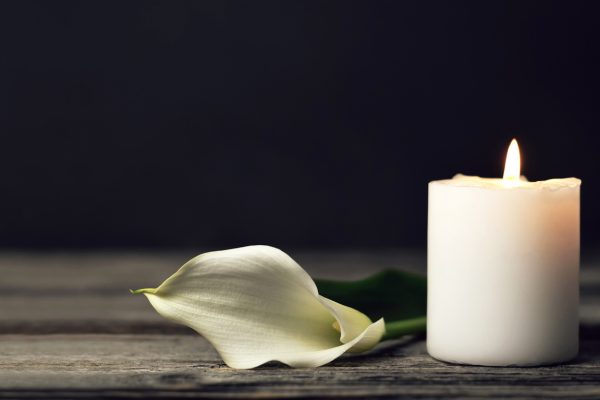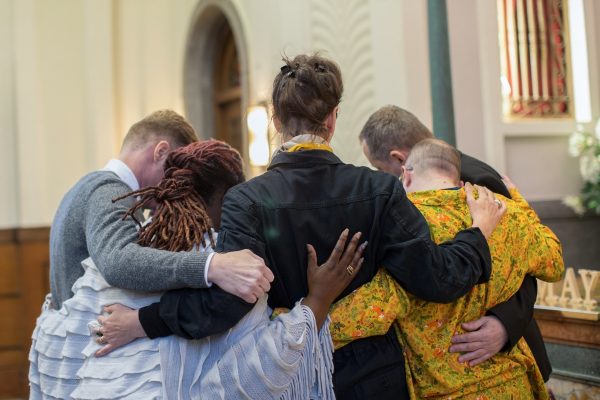Making a shiva call is always difficult. You may not know what to say, or how to act with someone who has recently lost a loved one. When a family is sitting shiva after a suicide, visiting can be even more challenging because of stigma related to suicide and many misconceptions about suicide.
This fact sheet provides some insight into what families who have lost loved ones to suicide may be thinking and feeling, and some tips for being supportive in their time of need.
This guide was created by people who lost loved ones to suicide. Because we struggled to find answers after losing our loved ones, we work to create the silver lining that can’t always be easily found. One of the ways we have done this is through involvement in Elijah’s Journey: A Jewish Response to Suicide, an organization created to offer a Jewish voice within national suicide awareness and prevention efforts.
In partnership with Elijah’s Journey, we developed a guide for visiting a shiva house when the death is a suicide. A lack of understanding or simply not knowing what to say can lead to visitors accidentally acting in ways or saying things that are hurtful to mourners.
As a Jewish community, we don’t talk enough about mental illness and suicide and we often fall short in support mourners who lose loved ones to suicide. Please take the time to read our resource and share it widely.












